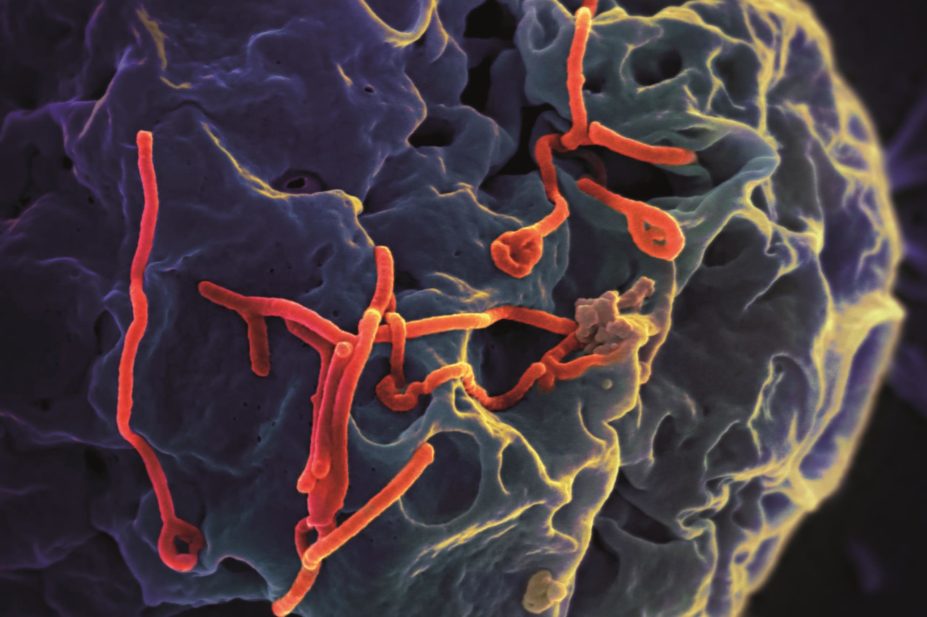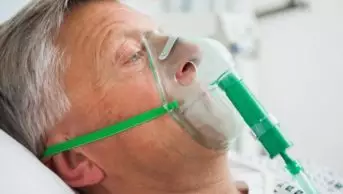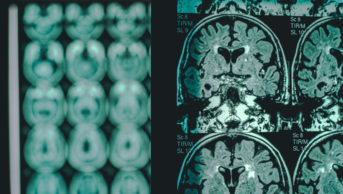
National Institute of Allergy and Infectious Diseases (NIAID)
The RAPIDE clinical trial was developed in 2014 to triage potential therapies for Ebola. It aimed to quickly eliminate therapies that are not effective using pre-specified futility boundaries that indicate when survival is no better than historic controls.
In a phase II RAPIDE trial, researchers administered the candidate antiviral TKM-130803 daily for up to seven days to patients with confirmed Ebola in Sierra Leone. Two patients died within 48 hours. Of those who survived beyond two days, nine died and three survived.
The trial was stopped after the enrolment of these 14 patients, when the futility boundary was met.
Reporting in PLoS Medicine (online, 19 April 2016)[1]
, the researchers note that most patients in the study had advanced Ebola with high viral loads, and say the drug may still be effective in those with less severe disease.
References
[1] Dunning J, Sahr F, Rojek A et al. Experimental treatment of Ebola virus disease with TKM-130803: a single-arm phase 2 clinical trial. PLoS Medicine 2016;13:e1001997. doi: 10.1371/journal.pmed.1001997


